North Carolina Cancer Prevention and Control Branch
North Carolina Comprehensive Cancer Control Program
Prostate Cancer
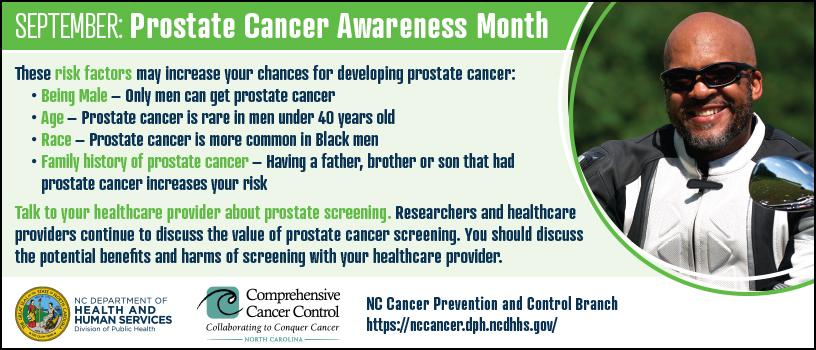
Prostate Cancer Health Promotion

What is Prostate Cancer?
Prostate cancer refers to cancer that starts in the prostate. Besides skin cancer, prostate cancer is the most common type of cancer in American men.1 Nearly all prostate cancers are adenocarcinomas, meaning they develop from the gland cells.2 Prostate cancer tends to grow slowly. Most men with prostate cancer will die of other causes rather than prostate cancer.

Risk Factors
These risk factors may increase your chances for developing prostate cancer.
- Being Male. Only men can get prostate cancer.
- Prostate cancer is rare in men under 40 years old. However, the chance of having prostate cancer rises rapidly after age 50.
- Prostate cancer is more common in Black men.
- Family history of prostate cancer. Having a father, brother or son that had prostate cancer increases your risk.3

Symptoms
Prostate cancer usually has no symptoms in the early stages. As the prostate cancer advances, some men might experience the following symptoms:
- difficulty urinating including problems starting urination, weak or interrupted flow, pain or burning during urination, or/and the need to urinate more often, especially at night,
- blood in the urine or semen,
- pain in the back, hips or pelvis that does not go away and/or painful ejaculation.4
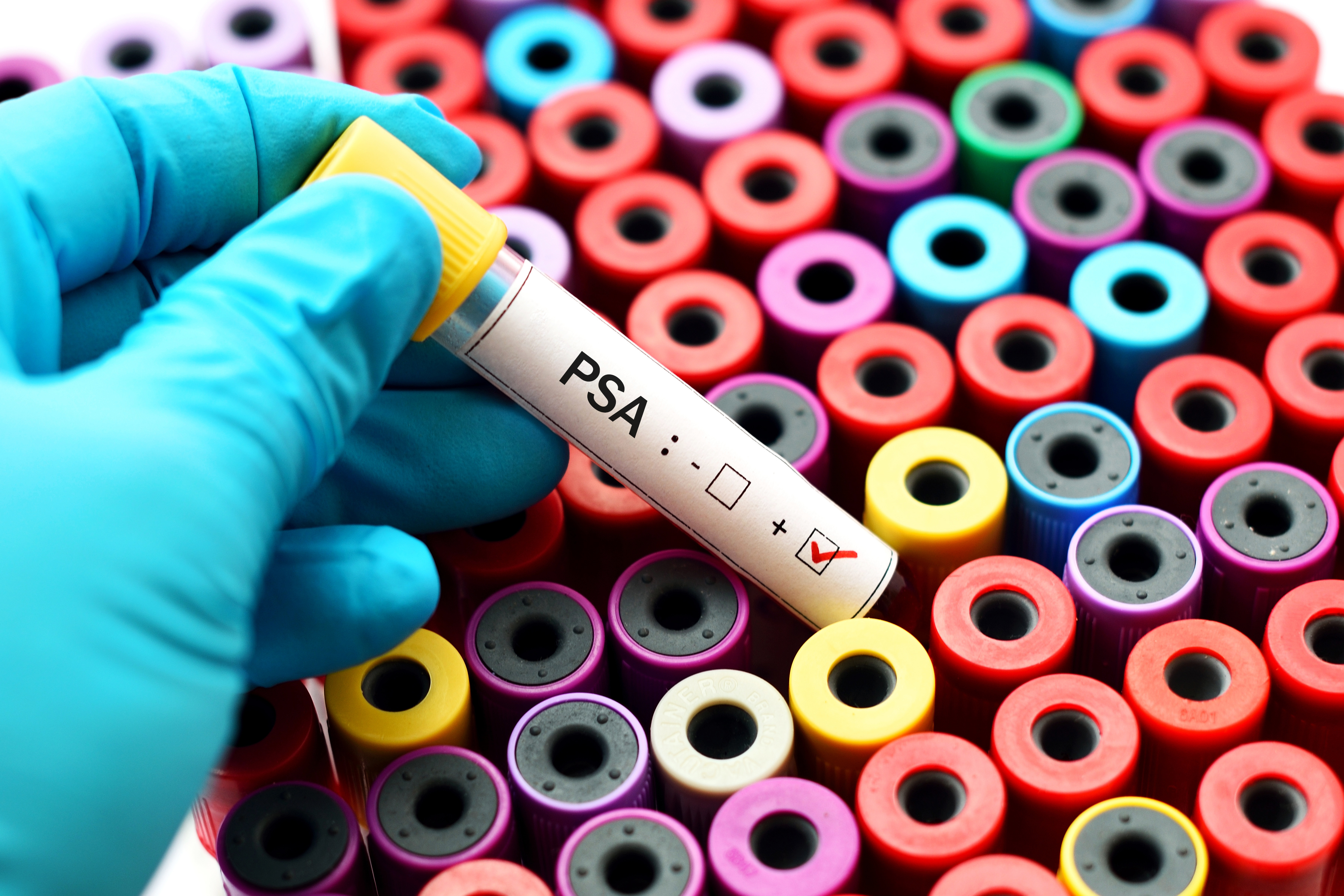
Screening
Prostate Specific Antigen (PSA) is the most common test used to screen for prostate cancer; it measures the levels of PSA in the blood. PSA is a substance made in the prostate. PSA blood levels can be higher in men who have prostate cancer. However, they may also be elevated due to other conditions that affect the prostate.6
Talk to your healthcare provider about prostate screening. Researchers and healthcare providers continue to discuss the value of prostate cancer screening. You should discuss the potential benefits and harms of screening with your healthcare provider.

Treatment
Some forms of prostate cancer are so slow growing they may not require treatment. For those that need treatment, it may include surgery, radiation, chemotherapy and/or hormone therapy. Talk to your cancer doctor about treatment options available for your type and stage of prostate cancer. Your doctor can explain the risks and benefits of each treatment and their side effects.
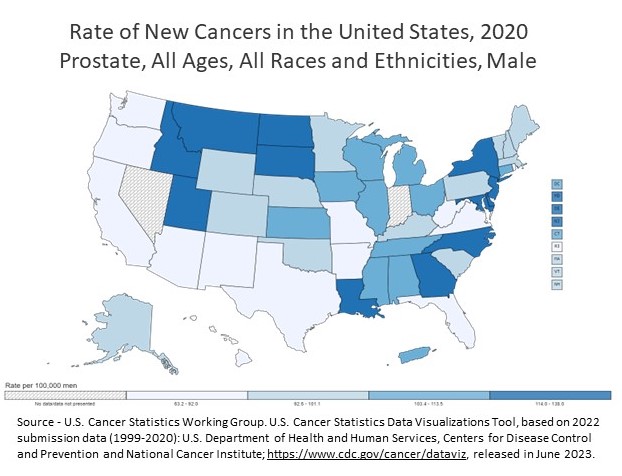
Prostate Cancer in NC
Prostate cancer was the second leading cause of cancer deaths in North Carolina men in 2021 (1,033 deaths) and is the most common cancer in men. It is estimated that 8,577 males in North Carolina will be diagnosed with prostate cancer and 1,162 males will die from prostate cancer in 2023.5
You Can Reduce Your Prostate Cancer Risk!
Because there is no known cause for prostate cancer, it is difficult to determine how to prevent it. You can reduce your risk of prostate cancer by having a healthy lifestyle.

Be physically active. Strive to get at least 30 minutes of physical activity 5 days week and strength training at least twice a week.

Eat healthy. Eat more fruits and vegetables, drink more water and fewer sugar-sweetened beverages and create meal plans to cook at home.

Don’t drink alcohol or limit your alcohol intake. No more than one drink per day for women, two drinks per day for men.

Know your family health history including cancer illnesses and deaths.

Quit tobacco and vaping use. Quitting takes practice! Coaching and medications can triple your chances of quitting for good. Call 1-800-Quit-Now (1-800-784-8669), or check out www.QuitlineNC.com for help.
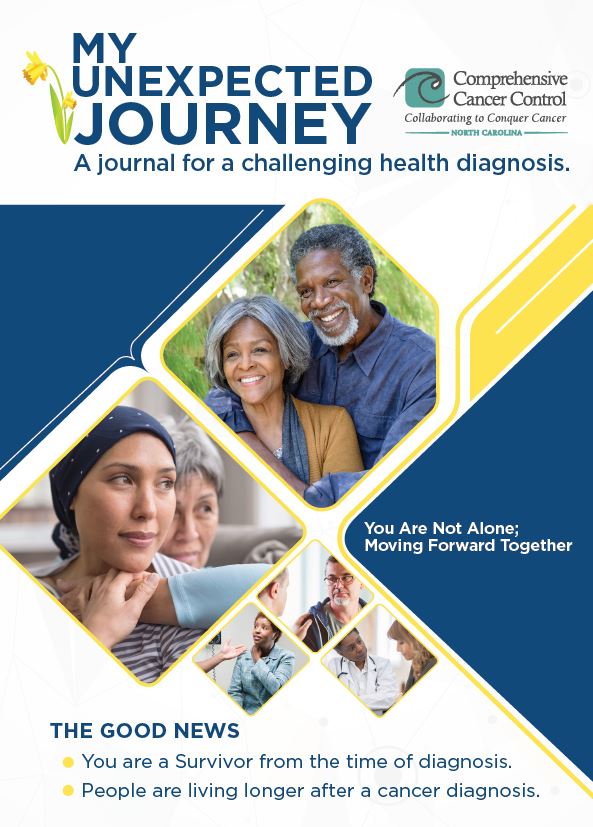
A Cancer Diagnosis is an Unexpected Journey
(Spanish Version)
Talk with your healthcare provider about a health care plan to help track your care and to support your physical and emotional health needs. Ask for a patient navigator. They will help guide you through your journey and connect you to resources and support services. Be your own advocate. Build your support circle. Continue to take steps to be healthy. These steps may help improve your quality of life and lower the risk of your cancer returning.
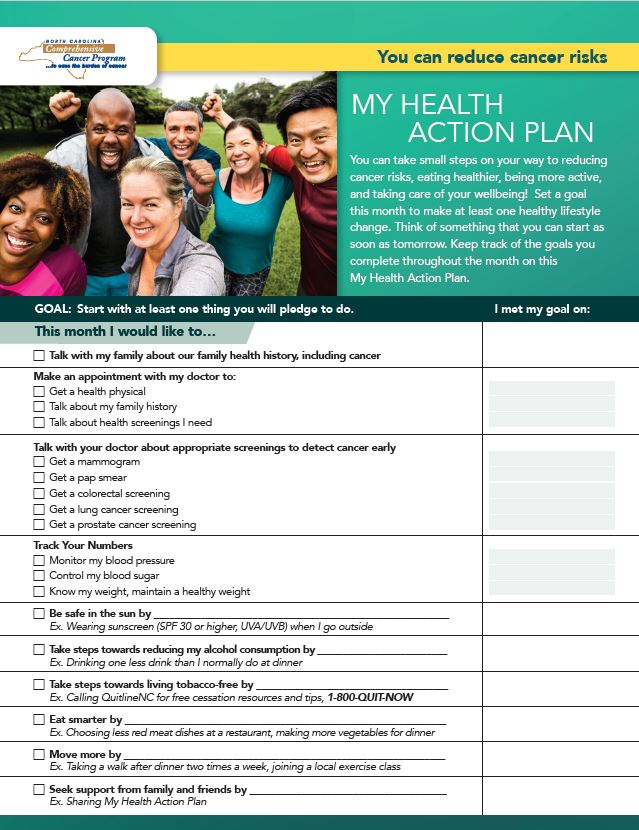
Take action!
Use My Health Action Plan to set monthly goals to make healthy lifestyle changes.
Don’t wait, start on your
My Health
Action Plan today!

Way to Play:
Men's Health
Playbook
(Spanish Version)
Use this Men’s Health Playbook to keep your body running its best. This tool is designed for men ages 18-45 years. Use it to record your medical history and routine plays. Map out your health goals as you move toward a healthier you!
Be sure to keep your playbook with your other important papers or where you can’t forget it for your next health team meetup.
Need help? Talk to your healthcare provider or visit the resources below.
- American Cancer Society.
- Centers for Disease Control and Prevention, Prostate Cancer.
- NC DHHS, Cancer Prevention and Control Branch.
- NCCare360.
Additional Resources
Visit the Hub NC Comprehensive Cancer Control Program Resource Hub to view all additional resources. Below are a few for quick access.
References
- Centers for Disease Control and Prevention, What is Prostate Cancer?
- American Cancer Society, What is Prostate Cancer?
- American Cancer Society, Prostate Cancer Risk Factors.
- American Cancer Society, Signs and Symptoms of Prostate Cancer.
- State Center for Health Statistics, North Carolina Department of Health and Human Resources, Central Cancer Registry.
- Centers for Disease Control and Prevention, What Is Screening for Prostate Cancer?
Cancer Branch Information
- Breast Cancer
- Cancer Branch Home Page
- Caregiving
- Cervical Cancer
- Colorectal Cancer
- Contact Us
- COVID-19 Resources
- Data
- Health Equity
- Lung Cancer
- NC Advisory Committee on Cancer Coordination and Control
- NC Breast and Cervical Cancer Control Program
- NC Comprehensive Cancer Control Program
- NC Comprehensive Cancer Control Program Resource Hub
- NC WISEWOMAN Project
- Online Resources
- Prostate Cancer
- Skin Cancer
- Survivorship
- Treatment
Last Modified: 07-21-2023



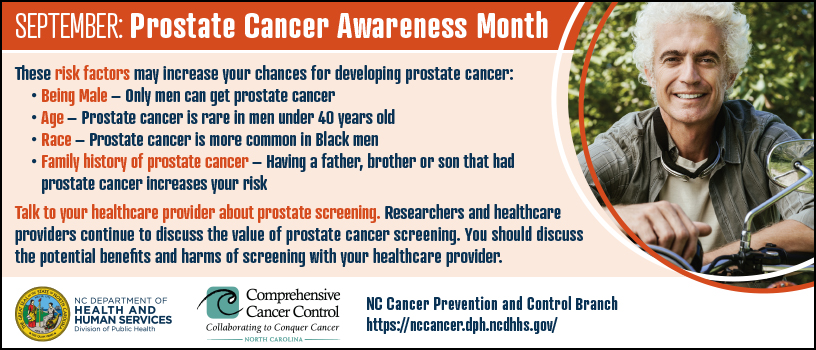
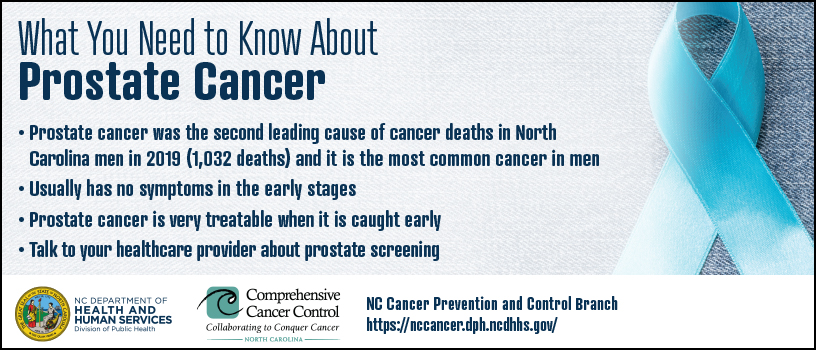

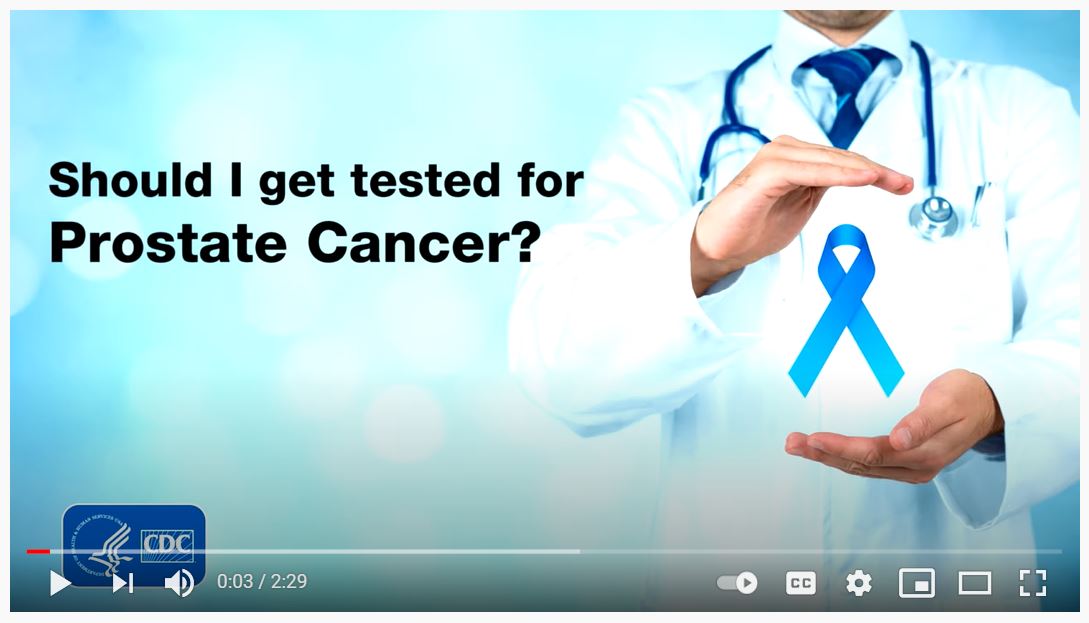 Should I Get Tested for Prostate Cancer? - YouTube
Should I Get Tested for Prostate Cancer? - YouTube
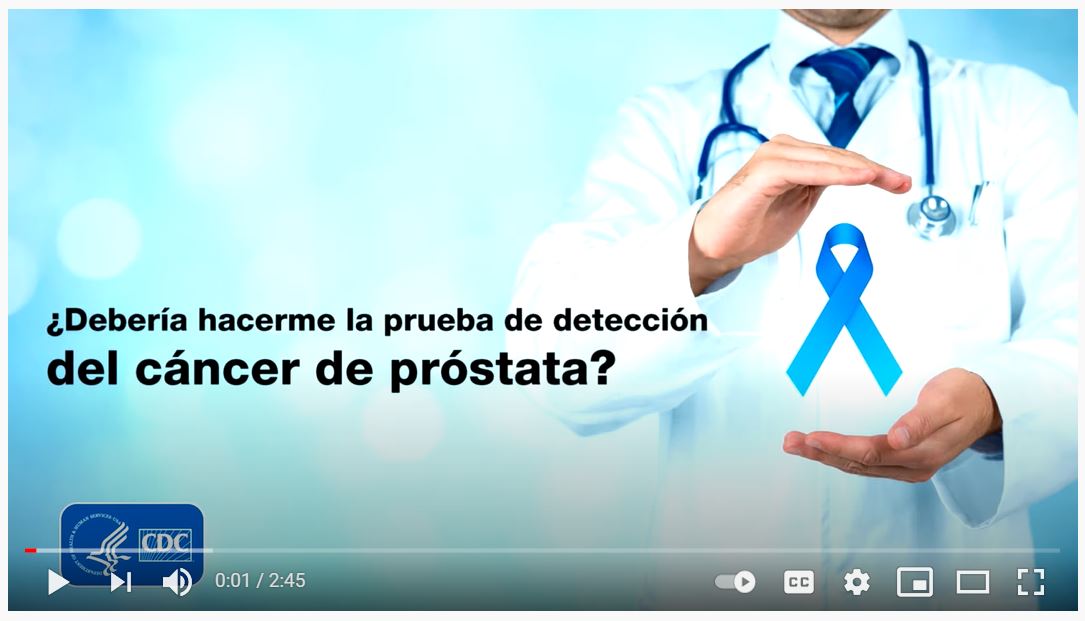 ¿Debería hacerme la prueba de detección del
¿Debería hacerme la prueba de detección del 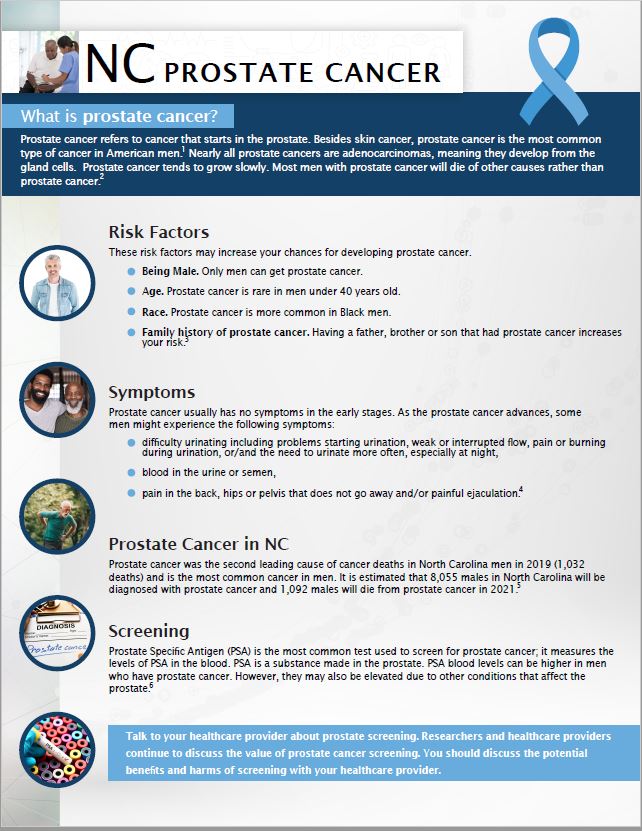 Prostate Cancer Fact Sheet
Prostate Cancer Fact Sheet
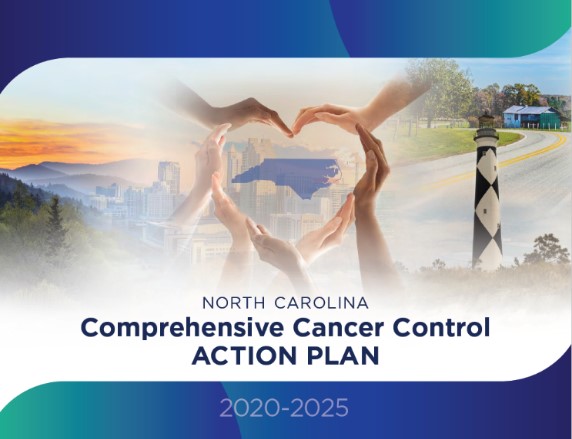 NC Cancer Plan 2020-2025
NC Cancer Plan 2020-2025
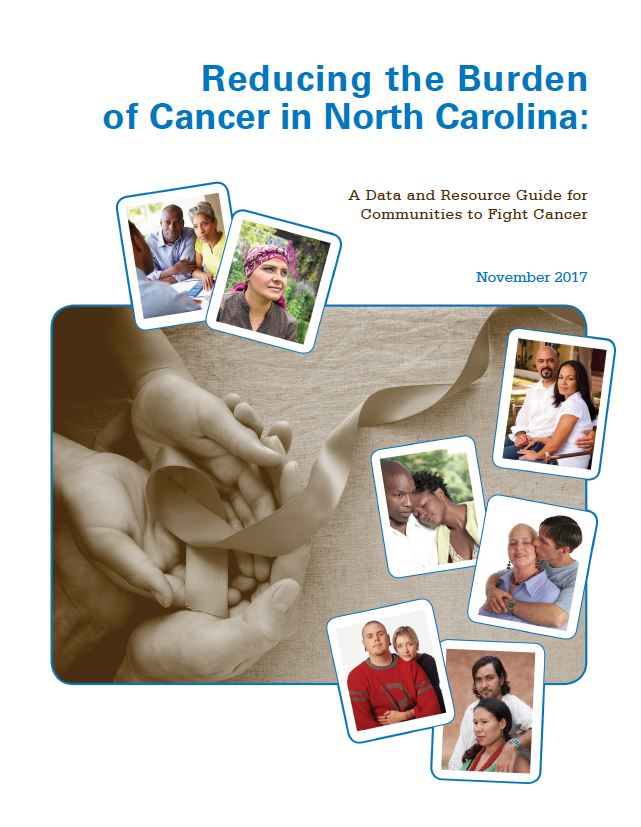 Reducing the Burden of Cancer
Reducing the Burden of Cancer 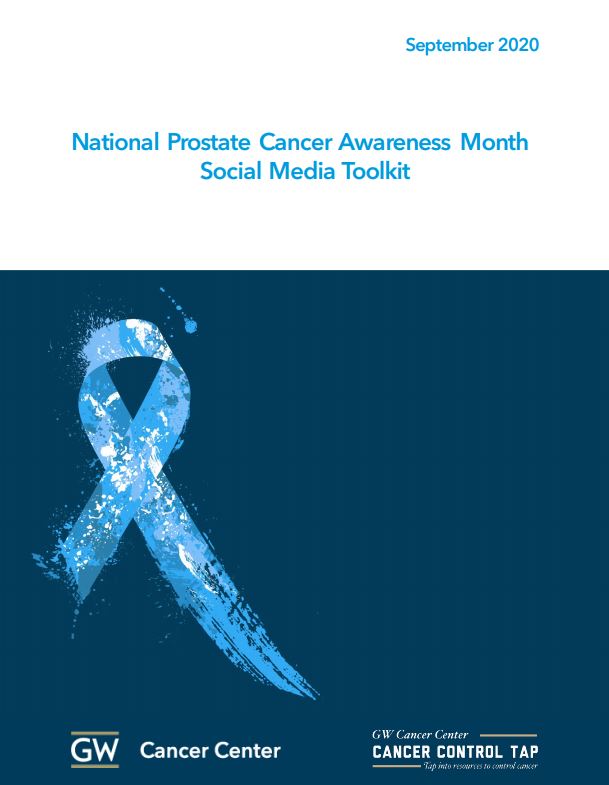 Prostate Cancer Awareness Social Media Toolkit
Prostate Cancer Awareness Social Media Toolkit